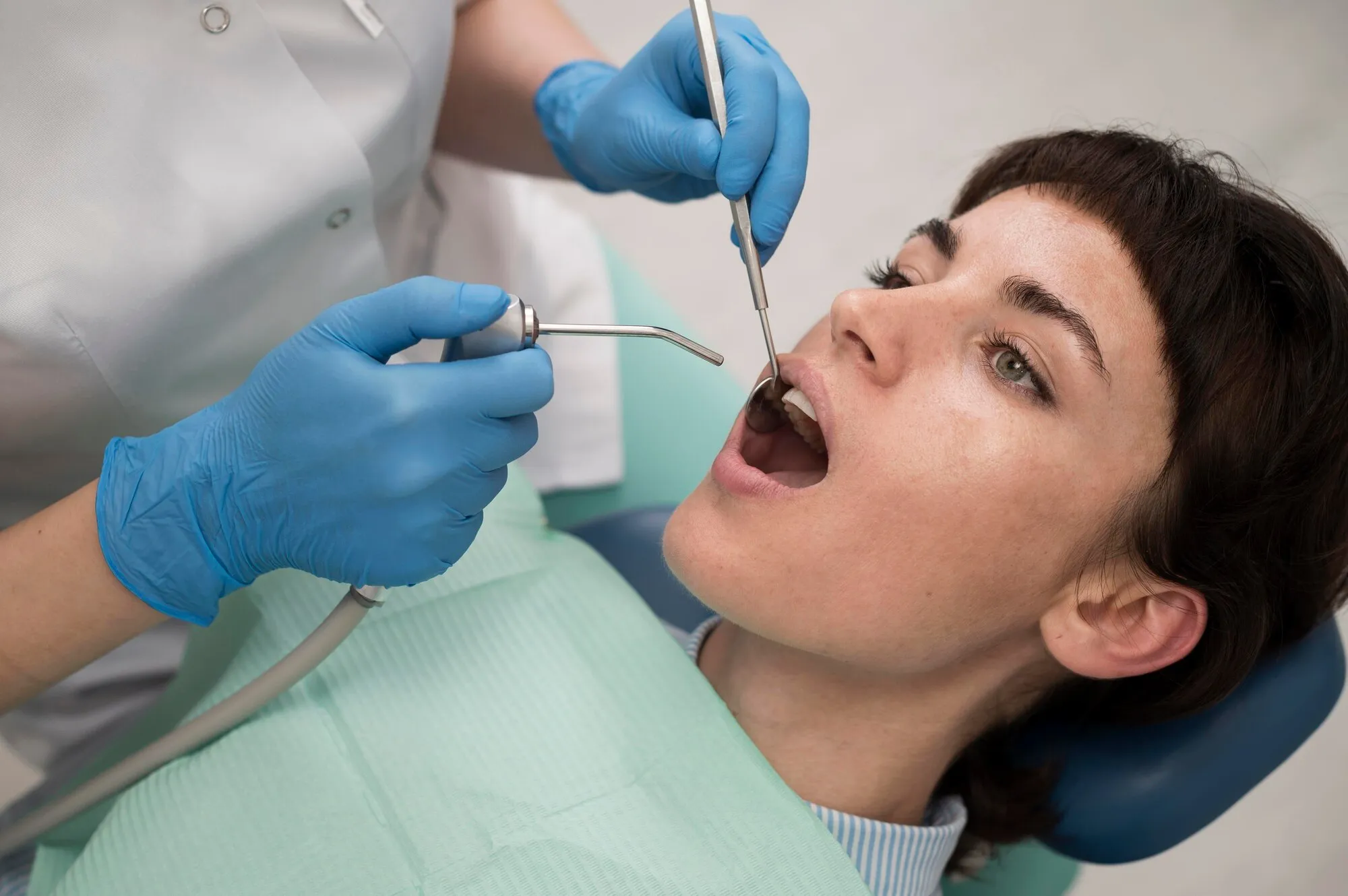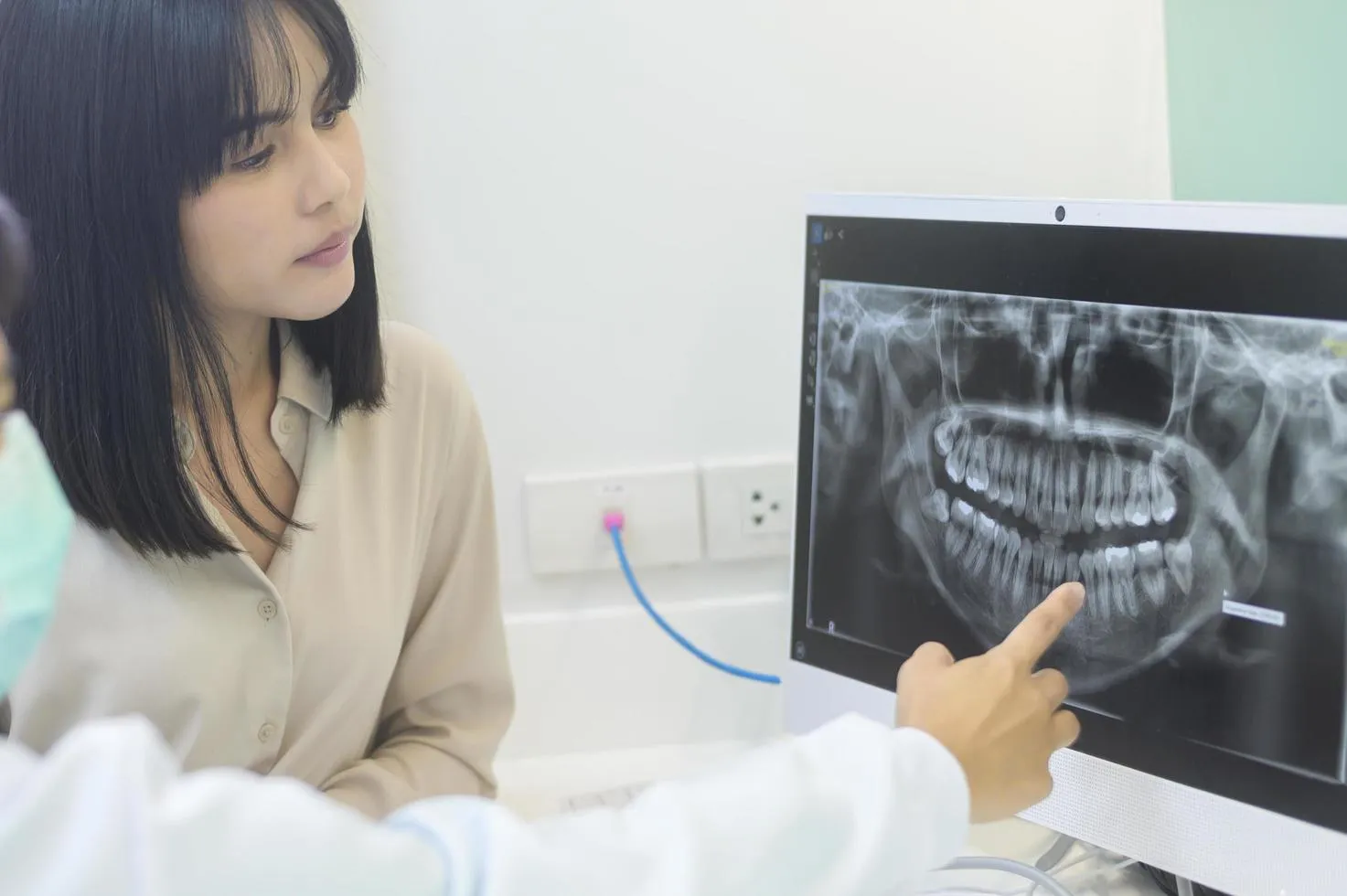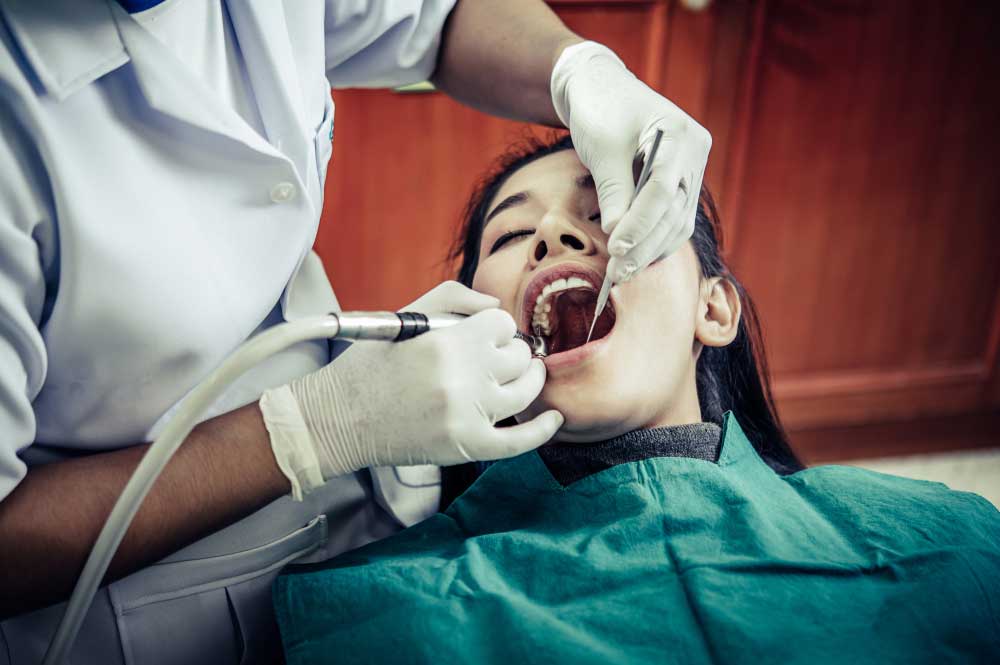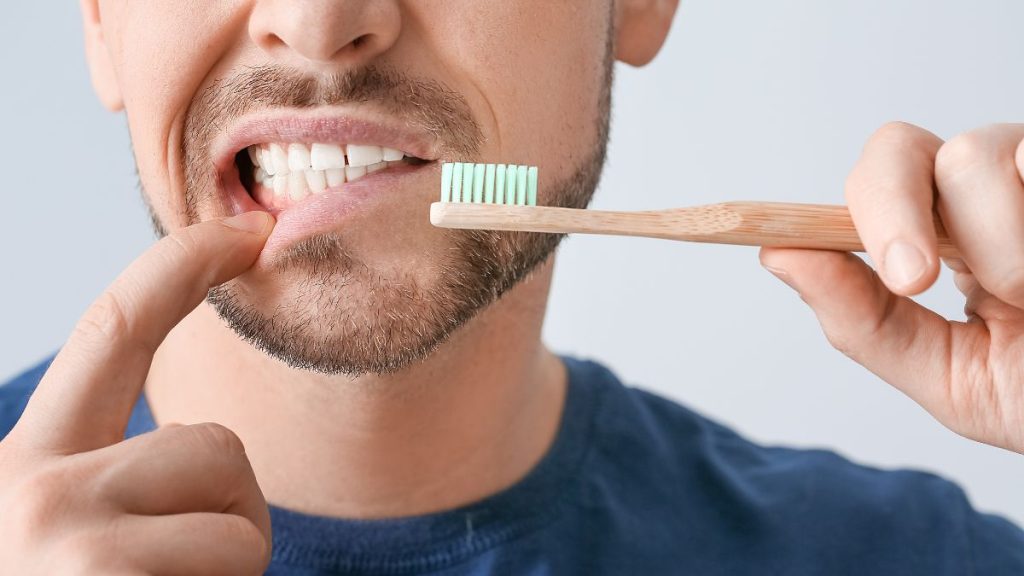Table of Contents
ToggleWisdom teeth removal is a common oral surgery that many people undergo to prevent or resolve dental issues. Post-operative care is crucial to ensure a smooth recovery and prevent complications such as infection or dry socket. One of the most common questions patients have is: “When can I start brushing my teeth after wisdom teeth removal?” This comprehensive guide will help you understand the timeline for resuming your oral hygiene routine and offer tips on how to brush safely after opting for wisdom teeth removal near me.
The First 24 Hours: Rest and Rinse
Immediately after wisdom teeth removal, your mouth needs time to heal and form a blood clot at the extraction site. This clot is essential for proper healing and protection against complications like dry socket. During the first 24 hours, avoid brushing your teeth entirely to prevent dislodging the clot and causing bleeding.
Instead of brushing, focus on gentle care:
- Rest: Give your body and mouth ample time to recover.
- Rinse: If your dentist recommends it, gently rinse your mouth with warm salt water (1/2 teaspoon of salt dissolved in 8 ounces of warm water) to keep the area clean and reduce swelling. Do this carefully to avoid disturbing the extraction sites.
Day 2-3: Gentle Oral Hygiene
During the first 24 hours after wisdom teeth removal, you can begin to incorporate some gentle oral hygiene practices. However, avoid the extraction sites to prevent irritation and dislodging the clot.
- Brushing: Use a soft-bristled toothbrush and avoid the surgical areas. Brush the rest of your teeth gently, taking care to be thorough without applying too much pressure.
- Rinsing: Continue rinsing with warm salt water after meals to maintain cleanliness. Avoid commercial mouthwashes, as they can be too harsh on the healing tissue.
Day 4-7: Gradual Resumption of Brushing
As you move into the fourth day after wisdom teeth removal, you can gradually start brushing more areas of your mouth. The goal is to maintain oral hygiene while still being cautious around the extraction sites.
- Brushing: Continue using a soft-bristled toothbrush and gentle strokes. You can start brushing closer to the extraction sites, but do not brush directly over them. Be mindful of any discomfort and adjust your technique accordingly.
- Rinsing: Maintain your saltwater rinses, and you may also introduce a diluted antiseptic mouthwash if your dentist approves.
Week 2 and Beyond: Returning to Normal Brushing
By the second week, the initial healing phase of wisdom teeth removal recovery should be well underway. You can start returning to your normal oral hygiene routine but continue to exercise caution around the extraction sites.
- Brushing: You can now brush all your teeth, including the ones near the extraction sites. Use gentle, circular motions and a soft-bristled toothbrush to avoid irritation.
- Rinsing: Continue with saltwater or antiseptic rinses as recommended by your dentist. Avoid using vigorous swishing motions that could disturb the healing areas.
Tips for Safe Brushing Post-Wisdom Teeth Removal
To ensure a smooth wisdom teeth removal recovery and prevent complications, follow these tips for safe brushing after wisdom teeth removal. Following these tips will also help prevent the wisdom teeth removal price from escalating.
- Choose the Right Toothbrush: Use a soft-bristled toothbrush to minimize irritation and protect the delicate healing tissues.
- Be Gentle: Apply light pressure when brushing and avoid aggressive scrubbing. Gentle, circular motions are best.
- Avoid the Extraction Sites: Steer clear of brushing directly over the extraction sites until they are fully healed. Focus on keeping the surrounding teeth and gums clean.
- Monitor Your Recovery: Pay attention to any signs of discomfort or unusual symptoms. If you experience increased pain, swelling, or bleeding, contact your dentist for advice.
- Stay Hydrated: Drinking plenty of water can help maintain oral hygiene by flushing out food particles and bacteria.
- Follow Your Dentist’s Instructions: Always adhere to the post-operative care instructions provided by your dental professional. They know your specific situation and can offer personalized advice.
4 Common Mistakes to Avoid
During the recovery period, it’s important to avoid common mistakes that can hinder healing and lead to complications:
- Using a Straw: The sucking motion can dislodge the blood clot and cause dry socket. Avoid using straws for at least a week.
- Vigorous Rinsing or Spitting: These actions can also dislodge the clot and delay healing. Rinse and spit gently.
- Hot Foods and Beverages: Hot temperatures can dissolve the blood clot and cause discomfort. Stick to cool or room temperature foods and drinks.
- Smoking: Smoking can interfere with healing and increase the risk of dry socket. Avoid smoking for at least a week after surgery.
When to Seek Professional Advice
While most people recover smoothly after wisdom teeth removal, it’s important to be aware of signs that may indicate complications. Its important to address them to make sure the wisdom teeth removal cost remain minimal.
- Persistent Pain or Swelling: If pain or swelling persists beyond the first week, it could indicate an infection or other issue.
- Bad Taste or Odour: A bad taste or odour in your mouth might suggest an infection.
- Excessive Bleeding: If you experience continuous bleeding that doesn’t subside, contact your dentist.
- Difficulty Swallowing or Breathing: These symptoms require immediate medical attention.
Conclusion
Understanding when and how to brush your teeth after wisdom teeth removal is essential for a smooth recovery. By following a gradual approach to resuming your oral hygiene routine and adhering to your dentist’s instructions, you can promote healing and prevent complications. Remember to be gentle, use the right tools, and monitor your recovery closely. If you have any concerns or have any questions on wisdom teeth removal cost, don’t hesitate to reach out to your dental professional for guidance.
Frequently Asked Questions:
1. When can I start brushing my teeth after wisdom teeth removal?
- It’s crucial to wait at least 24 hours before resuming brushing after wisdom teeth removal. During the first day, focus on resting and gently rinsing your mouth with warm salt water to keep the extraction sites clean without disturbing the healing process.
2. How should I brush my teeth to avoid complications after wisdom teeth removal?
- Use a soft-bristled toothbrush and gentle, circular motions. Avoid brushing directly over the extraction sites for the first few days to prevent irritation or dislodging the blood clot. Gradually reintroduce brushing around the extraction areas as you heal, adjusting your technique based on comfort levels.
3. Can I use toothpaste when brushing after wisdom teeth removal?
- Yes, you can use toothpaste when brushing your teeth after wisdom teeth removal. Choose a mild toothpaste without harsh abrasives or strong flavors. Apply a small amount to your toothbrush and brush gently, focusing on maintaining oral hygiene while avoiding the extraction sites.
4. How often should I brush my teeth during the recovery period?
- During the initial recovery phase (first 24-48 hours), avoid brushing directly over the extraction sites. From day 2 onwards, brush your teeth gently twice a day, focusing on the remaining teeth and avoiding the surgical areas until they are fully healed. Maintain a consistent oral hygiene routine to support healing and prevent complications.
5. What should I do if brushing causes discomfort or bleeding after wisdom teeth removal?
- If brushing causes discomfort or bleeding, it’s essential to adjust your technique. Use even lighter pressure and avoid brushing directly over the extraction sites. If discomfort persists or worsens, contact your dentist for advice. Persistent bleeding or pain could indicate a complication that needs professional evaluation.





